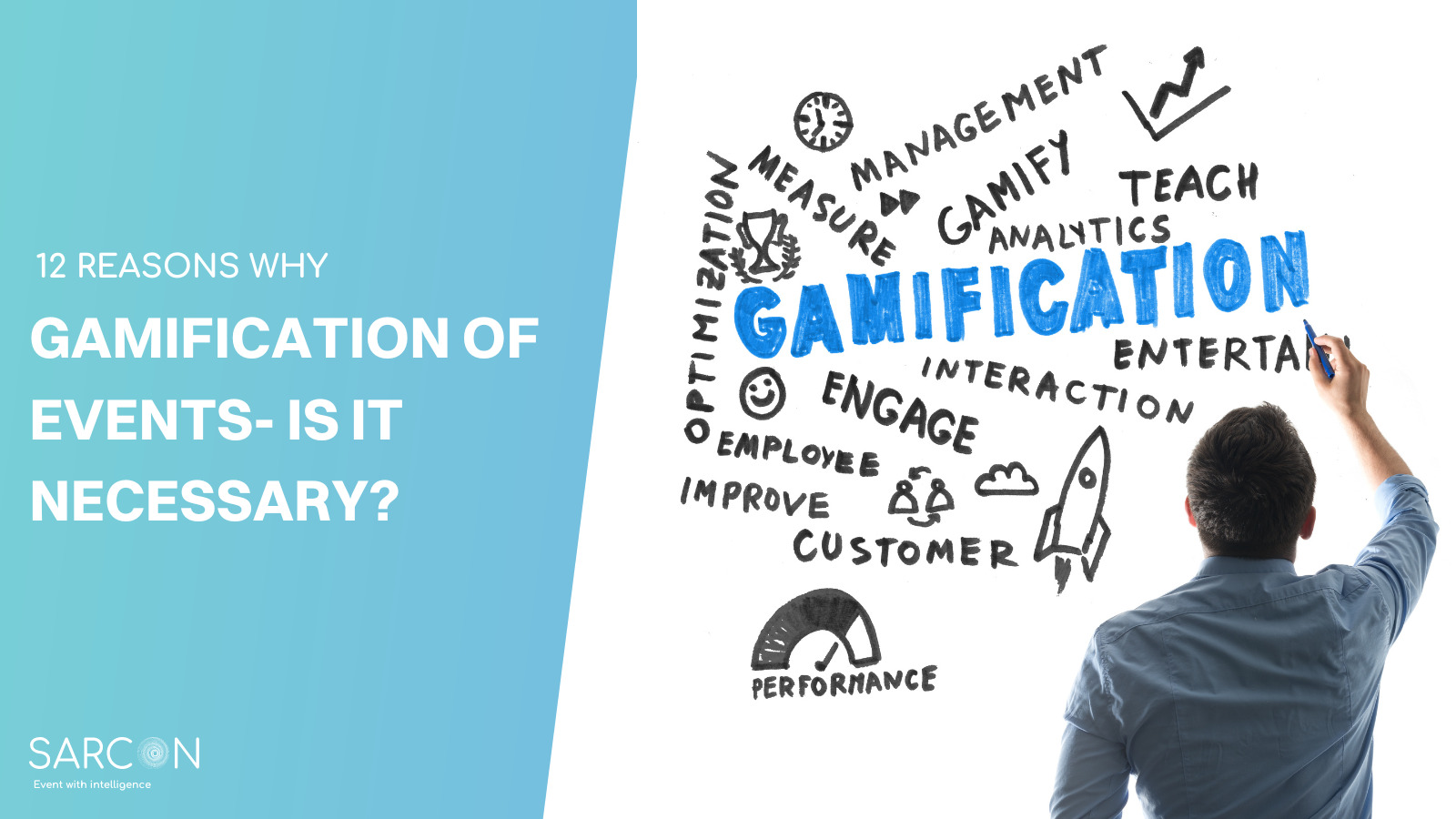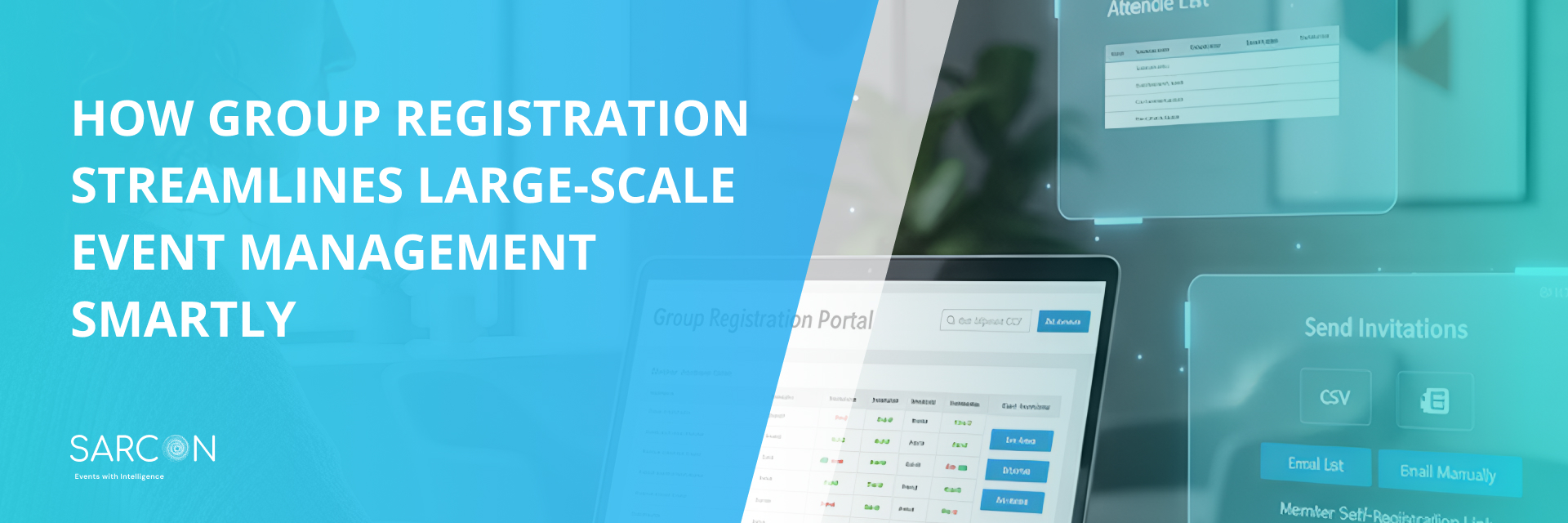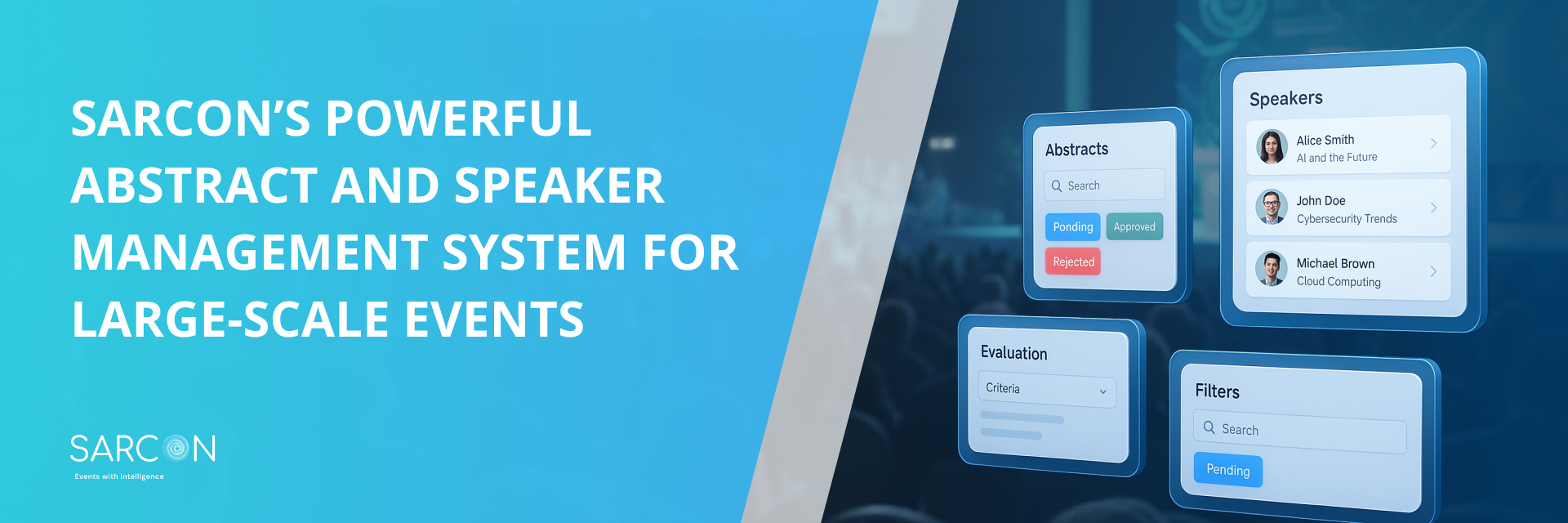In the fast-paced world of event planning, organizers are continuously seeking innovative ways to captivate attendees, increase engagement, and make their events memorable. One such strategy gaining significant traction is the incorporation of gamification. By integrating game-like elements into events, organizers can foster interaction, motivate participants, and enhance overall experiences. But is gamification truly necessary for events, and what benefits does it offer? In this article, we will delve into the world of gamification, explore its importance, and understand why it has become an indispensable aspect of modern event planning.
Gamification of Events – A Key to Engaging Experiences
When it comes to events, engagement is the key to success. Attendees today are not content with passive participation; they seek immersive experiences that leave a lasting impact. This is where gamification shines. By introducing elements like challenges, rewards, and friendly competitions, event organizers can transform a mundane gathering into an interactive and exciting affair. Gamification taps into the innate human desire for achievement and recognition, encouraging active involvement and ensuring attendees remain engrossed throughout the event.
The Psychological Impact of Gamification
To understand the necessity of gamification in events, we must delve into the psychology behind it. Games trigger a range of emotions, from excitement and anticipation to joy and satisfaction. By incorporating gamified elements into events, organizers can evoke similar emotions, creating positive associations with the overall experience. Additionally, gamification activates the brain’s reward system, releasing dopamine, the “feel-good” neurotransmitter, which leads to increased motivation and a sense of accomplishment among participants.
Reasons Why Gamification of events is Necessary
In the digital era, technology plays a crucial role in transforming events. Gamification often relies on mobile apps and other interactive platforms to engage attendees. These technological advancements enable real-time tracking of participant progress, immediate feedback, and seamless integration of gamified elements into the event experience.
1. Driving Participation through Gamification
One of the most significant challenges event organizers face is driving active participation from attendees. Traditional events often suffer from low engagement, leaving attendees disconnected and uninterested. However, gamification offers a solution. By introducing interactive challenges, quizzes, and scavenger hunts, organizers can inspire attendees to explore the event, interact with sponsors, and network with fellow participants actively.
2. Gamification and Data Collection
In the digital age, data is a valuable resource for businesses and event organizers alike. Gamification provides a unique opportunity to collect valuable data on attendee behavior, preferences, and interests. Through interactive games and challenges, organizers can gain insights into what excites their audience, enabling them to tailor future events for maximum impact.
3. Building Memorable Experiences
Events that leave a lasting impression on attendees are more likely to succeed and gain positive word-of-mouth. Gamification offers an avenue to create memorable experiences. By incorporating storytelling, personalized experiences, and opportunities for attendees to make meaningful connections, organizers can ensure that their events are etched in the participants’ memories for years to come.
4.Gamification: Fostering Collaboration and Team Building
Certain events, such as corporate conferences and team-building retreats, aim to foster collaboration and camaraderie among attendees. Gamification can play a pivotal role in achieving these objectives. By designing team-based challenges and activities, event organizers can encourage participants to work together, communicate effectively, and develop a sense of camaraderie.
5.Gamification and Sponsor Engagement
Sponsors are essential stakeholders in many events, and their engagement can significantly impact an event’s success. Gamification provides an innovative way to involve sponsors actively. By integrating sponsors into challenges and activities, organizers can offer them increased visibility and exposure, creating a win-win situation for both parties.
6.Gamification for Training and Education Events
While gamification is commonly associated with entertainment events, its potential goes beyond that. Training and education events can benefit immensely from gamified approaches. By turning learning into a game, organizers can enhance knowledge retention, increase engagement, and make educational experiences more enjoyable and effective.
7.Gamification in Hybrid and Virtual Events
The rise of virtual and hybrid events in recent times has opened up new possibilities for gamification. Virtual platforms offer unique opportunities for interactive challenges, digital scavenger hunts, and virtual leaderboards. Incorporating gamification into online events can enhance the virtual attendee experience and bridge the gap between physical and virtual interactions.
8. Creating Inclusivity with Gamification
Inclusive events that cater to diverse audiences are essential for success. Gamification can be tailored to accommodate participants of all ages, abilities, and backgrounds. By offering multiple ways to participate and considering accessibility needs, organizers can ensure that gamified events are inclusive and enjoyable for everyone.
9. Harnessing Gamification for Brand Promotion
Gamification can serve as a powerful tool for brand promotion and awareness. By creating gamified experiences centered around a brand or product, event organizers can build brand loyalty, attract new customers, and leave a lasting impression on participants.
10. Leveraging Gamification for Fundraising Events
Fundraising events often face the challenge of encouraging donations and active participation. Gamification can inject enthusiasm into such events, inspiring attendees to contribute and compete in a fun and rewarding manner. Successful gamification can lead to increased donations and greater support for the cause.
For more info read : How you can use Mobile Event App to Gamify your Events
Addressing the Skeptics – Why Some Organizers Resist Gamification
Despite its numerous benefits, some event organizers may remain skeptical about incorporating gamification. Common concerns include budget constraints, perceived complexities, and doubts about the impact on attendee satisfaction. Furthermore organizers have to be mindful of potential risks, such as data privacy concerns and ethical considerations.
-
Challenges of Gamification of Events
Implementing gamification in events is not without its challenges. Organizers may face hurdles like technology integration, designing balanced game mechanics, and ensuring inclusivity for all attendees. However, with careful planning and a clear understanding of the audience, these challenges can be effectively overcome, reaping the benefits of a gamified event.
-
Ethical Considerations in Gamification
While gamification can be a powerful tool for engagement, organizers must approach it ethically. Balancing the desire for engagement with the potential risk of exploiting participants is crucial. Organizers should prioritize fairness, transparency, and consent, ensuring that gamification enhances the event experience without crossing ethical boundaries.
Conclusion
In conclusion, gamification has evolved from being a trendy add-on to an indispensable aspect of event planning. By tapping into the psychology of play, fostering engagement, and creating memorable experiences, gamification enriches events and leaves a positive impact on attendees. As technology advances and innovation continues, gamification will undoubtedly play a pivotal role in shaping the future of event experiences. Embracing gamification and its endless possibilities is not just necessary but vital for any event seeking to stand out, engage participants, and deliver lasting impressions.
FAQs.
Can gamification benefit both physical and virtual events?
Absolutely! Gamification can be adapted to both physical and virtual events, offering interactive experiences in both settings.
Is gamification suitable for all types of events?
Gamification can be customized to suit various event types, from entertainment gatherings to corporate conferences and educational seminars.
How can I incorporate gamification into networking events?
For networking events, use gamified icebreakers and activities to facilitate connections and foster professional relationships.
What are the ethical considerations when implementing gamification?
Organizers must prioritize fairness, transparency, and consent to ensure ethical use of gamification, avoiding any potential exploitation of participants.
How can organizers measure the success of gamification in events?
Metrics such as participation rates, attendee feedback, social media engagement, and data insights can be used to evaluate the effectiveness of gamified elements.
What are some gamification trends to watch out for in the events industry?
Keep an eye on the integration of AI and machine learning, as well as the adoption of gamification across various industries


